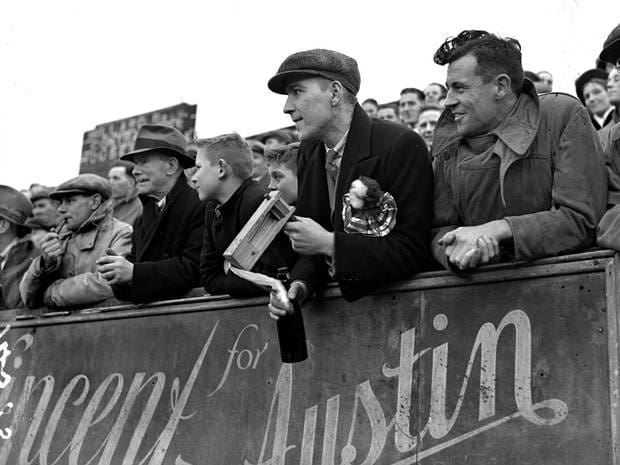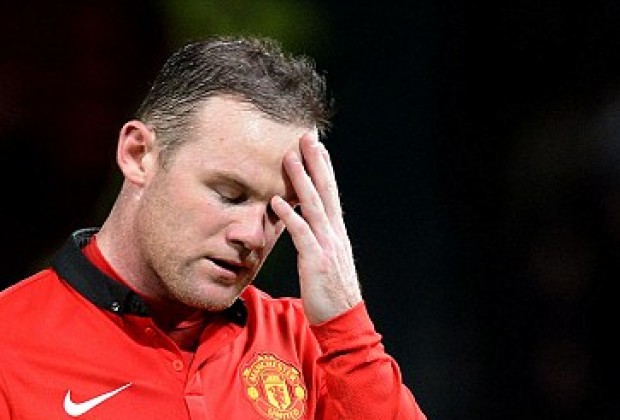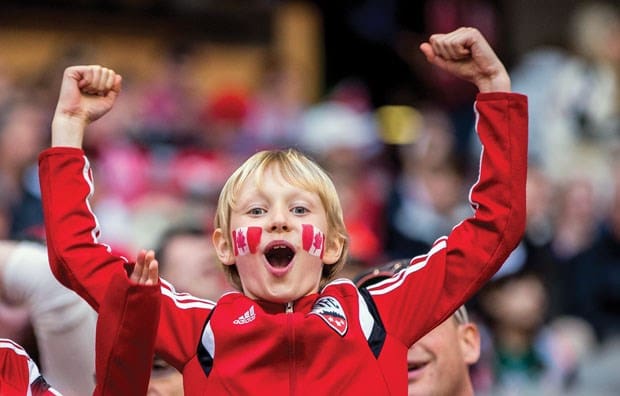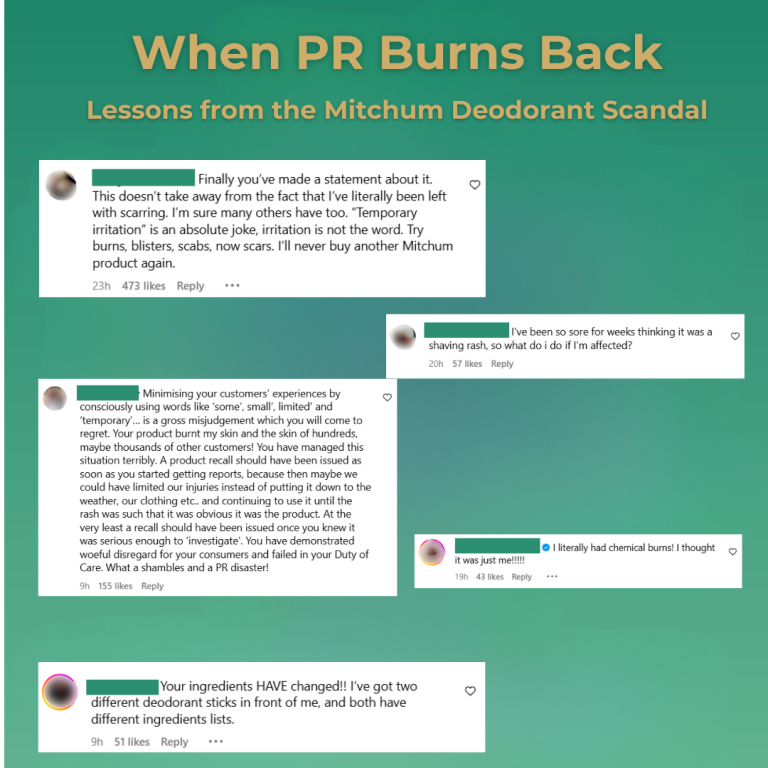
The recent return of the Premier League for its now 31st season has begun to intensify rivalry and debate with the offices of Fuzion Communications.
As a Manchester United fan, I have been on the receiving end of most of the mockery that has taken place. However, it has not stopped me defending my club like I am a player or member of the coaching staff. In turn, this led me to think about why we show such loyalty to our football clubs compared to other brands, businesses, and organisations.
The process of being a fan of a football club is clear. You start to like football, you watch a couple of matches, you select the club you want to follow, and you support that club for the rest of your life. Seems easy and hassle free doesn’t it!
In reality, it is often not so easy and not so hassle free.
I first started to watch football in the 2007/08 season. At this time, Manchester United were the current English champions and my dad, a Leeds United fan, told me they were the biggest and best club in England, if not the world. Me being me, only the biggest and best would do and so I became a Man Utd supporter. Over the next six seasons, I would see Man Utd win four Premier Leagues, a Champions League, two League Cups, and a Club World Cup. Then Sir Alex Ferguson decided to retire as manager in 2013 and our reign of success came to an end.
Fast forward nine years, and I have not seen Man Utd win another Premier League title. This would have been unimaginable to think the day I started supporting the club and not just to me or Man Utd fans but to every other football supporter across the globe. So, after nearly a decade of no league titles and relatively little success, why do I or even should I continue to support the club?
Over the last few years, I have been a generally unhappy and dissatisfied Man Utd supporter. If I was unhappy with any other brand, business, and organisation, then I would simply switch to a competitor, if available. There are plenty of football clubs that I could support instead. I am sure being a Manchester City or Liverpool FC supporter over the last few years would have made my life much easier (although United supporters do hold the bragging rights over Liverpool fans at the moment!).

The key reason why football fans do not decide to ditch their team for another comes down to brand identity. In any business or organisation, brand identity should be considered the essence of the brand. A strategic goal of any brand strategy is to develop a pathway for the ‘returning customer’. Creating a distinct and attractive brand identity allows you to further brand loyalty and retain it over the long-term.
To identify successfully with any customer or fan, your brand needs to include features that appeal to and satisfy their needs. Your brand identity should have characteristics, traits, and values that match your customer or fan-base, while also having a clear distinction from competitors. This allows you to build a high level of prestige for your brand and enables fans or customers to perceive their favourite team/brand as attractive and share a common identity with other fans. You will see greater brand loyalty translate because of this strategic approach.
The benefit of greater brand loyalty is important to the long-term sustainable future of any business or organisation. For those who partake in brand loyalty, whether consciously or not, they do so without cost being a significant factor, as they perceive a higher quality and better service than other brands.

Brand loyalty can only be considered as reached when customers repeatedly purchase a particular brand. For example, a regular cup of coffee at Starbucks can cost about 2-3 times as much as at a filling station or supermarket and you are not guaranteed the same product or service at different locations around the world. However, people will still queue in Starbucks stores, even if they are running late, for their coffee fix.
When you achieve brand loyalty then there are two reasons that a fan or customer will stay loyal: hope and expectation. Your brand’s loyal customer base will be hoping and expecting for a certain standard of product or service.
It is important to remember that achieving brand loyalty does not mean that you have that customer for life. That is where football clubs and more traditional business-orientated brands differ. It is much easier to ditch your regular brand of washing powder than your football club. You must keep your customers with a level of hope and expectation to retain brand loyalty.
But as is often said in sport and life, ‘it is the hope that kills you’!
Dylan
Dylan Morley is a PR account executive with Fuzion Communications, a full service Marketing, PR and Graphic Design agency who operate from offices in Dublin and Cork







